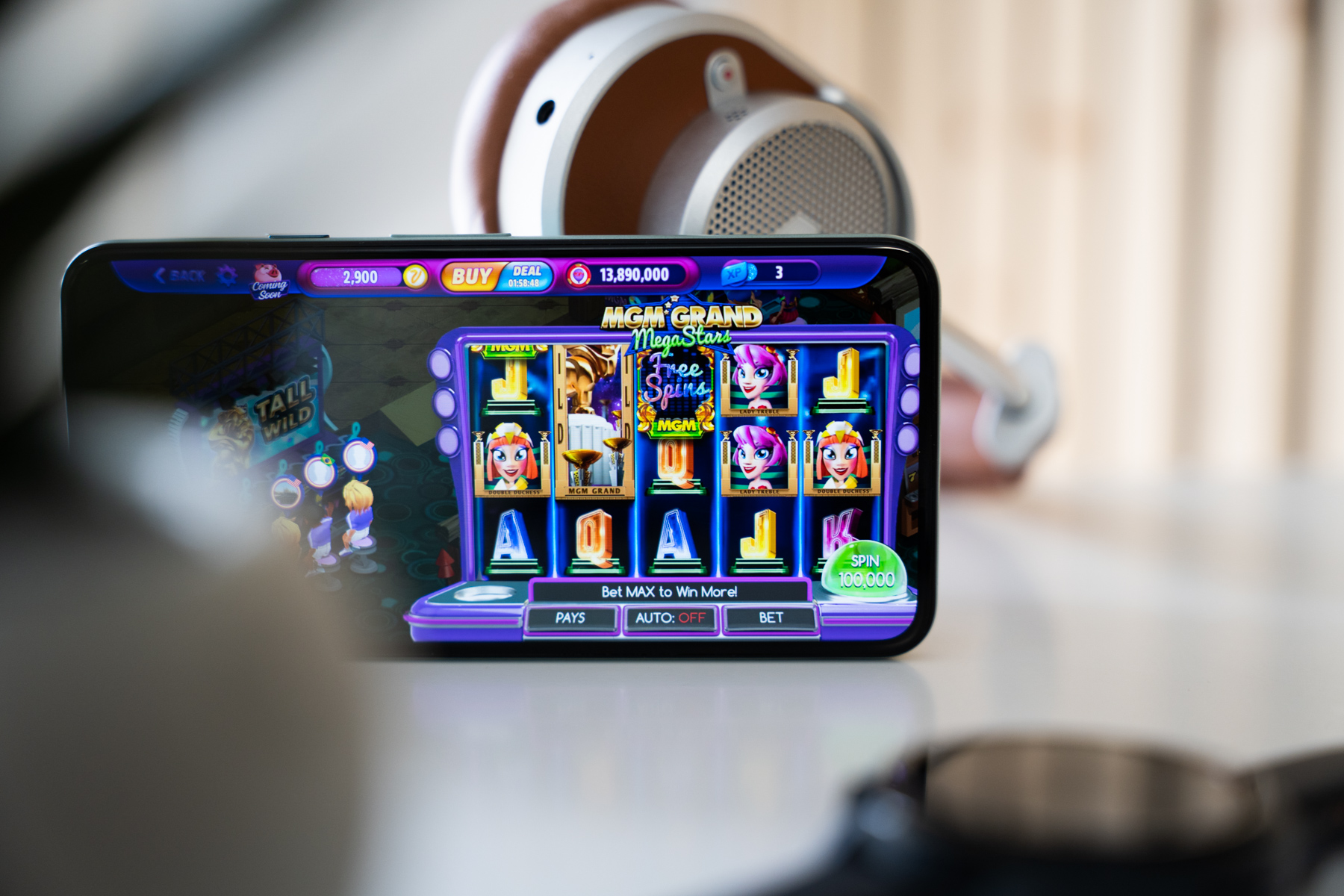Google’s historically strictly anti stance on apps that facilitate real money gambling has taken a turn in recent years. Players using online casinos in the past decade may recall that app versions of the sites were never available directly from the Play Store. Instead, gambling providers had to develop their own native apps to be sideloaded directly from the casino site.
This required users to make settings changes to allow unknown apps, and it is likely that many potential downloads were lost as players were discouraged by the process. At the same time, Apple placed far fewer restrictions, allowing users to download gambling apps directly from the App Store. Although little data on the subject exists, it seems credible that Google’s restrictive policies contributed to a decline in casino app development – more and more providers abandoned apps in favor of instant-play via mobile browsers.
Recently, however, Google has performed somewhat of a u-turn on gambling app policy. The tech giant started by allowing Play Store gambling apps in four countries – the UK, Ireland, France, and Brazil. In March 2021, the Play Store updated its policy to allow fifteen more countries onto the list, including the USA.
Protecting players
Sideloading, meaning installing apps from a source outside of the official stores, poses a real risk to users. Android users must deactivate certain security features to allow sideloading, making devices much more vulnerable.
It is of course possible to sideload apps onto Apple devices, but gambling apps have always been available on the AppStore. This gives players a certain amount of protection since Apple keeps tabs on the available apps to make sure that violations do not occur. Google’s former approach, which was to ignore real money gambling apps, left players open to potentially unlawful activities when sideloading apps from other sources.
Malware, trojans, spyware, phishing code and more – all this can be hidden within unauthorized apps and expose users to harm. By 2020, it was becoming clear to Google that their decision to block real money gambling apps was subjecting users to more potential risks than they would otherwise be.
This risk had been highlighted quite starkly after the 2018 release of Fortnite for Android. The popular video game was not available on the Play Store, a decision made by the distributor Epic, rather than Google. The inevitable scams that came in the wake of this decision served as an illustration of the dangers of third-party downloading.
Google has been aware for some time that apps downloaded from other sources are likely to be compromised. It may well be that this knowledge informed the decision to start allowing real money gambling apps to be downloaded directly from the Play Store.
New slots apps in development
Google’s decision to ban real money gambling apps from the Store may have had a disruptive effect on the development of new slots and casino apps. In recent years, most reputable and licensed new slot sites have rejected the idea of developing a separate native app for players. Apple may have allowed such apps, but Android still accounts for around 70% of smartphone ownership globally.
Now that Google has changed its position, we could expect to see new online slots apps appearing in the Play Store. But has the era for gambling apps been and gone? These days, instant-play casino sites can be accessed just as easily via a mobile browser or a web app. It may well be that native casino apps will never take off like they could have done.
Current policy at Google
The eighteen countries where Google permits the use of real money gambling apps include Canada, France, Germany, New Zealand, and Sweden, as well as the UK and the USA. Regional legislation must be followed strictly, for example, there are only certain US states that permit residents to access online casinos – including apps.
The burden of compliance is on the app developer, and there are a number of requirements listed in Google’s guidelines. Developers must be in possession of a full and current gambling license for each country they intend to serve, and the app must comply with all local laws.
Another condition placed by Google on real money gambling apps is that they must be free to download. It is also the responsibility of the developers to ensure that no minors can access the app, and that it cannot be accessed from restricted areas. The in-app billing from Google Play cannot be involved in transactions.
When developers have created an app that complies with all these rules, plus some more, then an application is made to stock the app in the Store. Google then decides whether to allow or reject the app, or send it back for revisions.









Comments